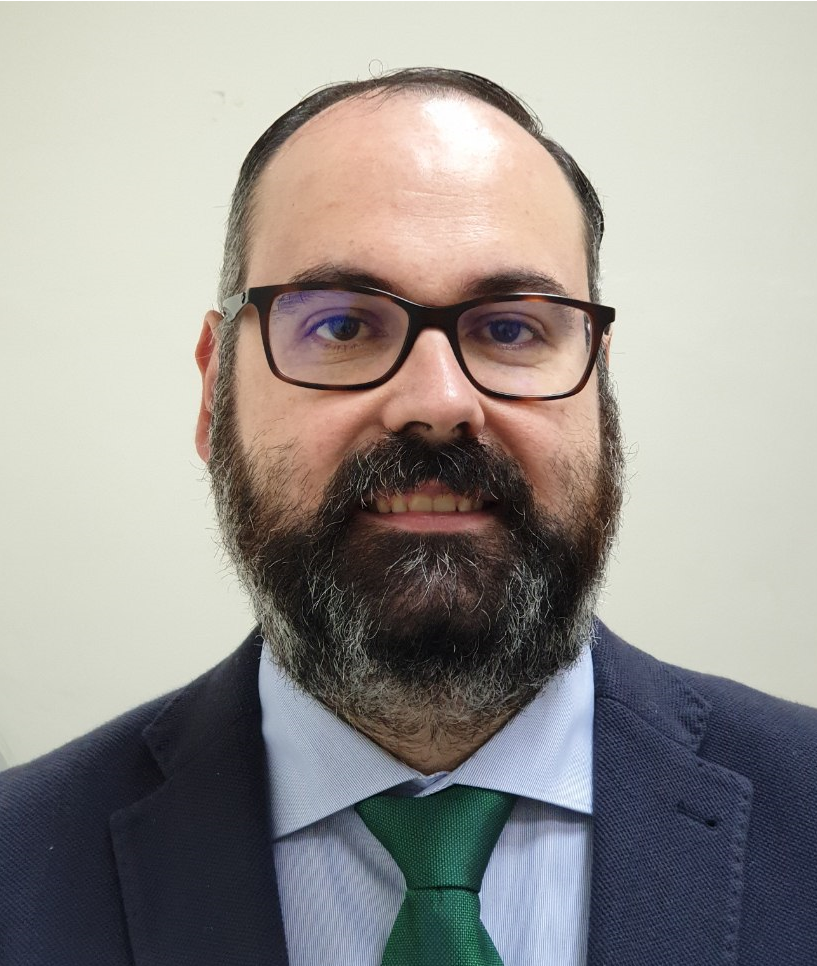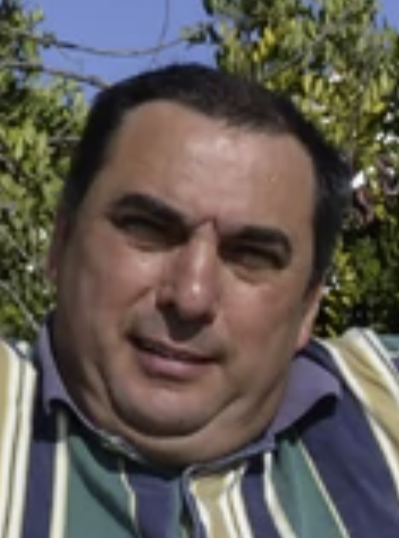Peninsular Spanish timezone – CET (UTC+01:00) Time

9:30 Safety of rechargeable energy.
By Dr. Roberto Bubbico
Abstract
Rechargeable (secondary) batteries play a significant role in the continuous effort to reduce the emission of greenhouse gases and increase the use of renewable energy sources.
However, they still present a series of drawbacks and limitations in terms of reliability and safety, often associated with the occurrence of a thermal runaway, which hamper their adoption in a wider market (main electrical network or large photovoltaic power systems).
The knowledge of the conditions that can give rise to those dangerous scenarios, is very important, both for the operators at work and for the users.
An overview of the main safety issues and of some of the proposed solutions will be given, with specific reference to Li-ion cells.
Biography
Master in Chemical engineering and PhD in Industrial Chemical Processes.
1997-2000 at the Italian National Research Council, involved in activities concerning the control and safety of storage and transportation of hazardous materials.
Since 2012 associate professor at the Chemical Engineering Department (DICMA) of the “Sapienza” University of Roma (Italy).
2004-2011 member of the Executive Committee of the Society for Risk Analysis – Europe (on 2007-2009 President of SRA-E).
Main areas of research activity: safety in chemical process plants, with specific reference to: risk analysis methodologies, emergency systems design (pressure safety valves) and risk analysis in the transportation of hazardous chemicals.
Advanced heat exchange systems with nanofluids and PCM.
Safety in electrochemical energy storage systems.

11:30 Visit CATEPS Microgrid.
By Dr. Enrique Personal Vázquez
Abstract
The microgird living lab of the CATEPS is going to be visited. All the building can be used to simulated local energy markets, DER control and energy management.
Biography
Enrique Personal (Member, IEEE) received the Degree in industrial electronic engineering and the Degree in automatic control and industrial electronic engineering and the Ph.D. degree in industrial computer science from the University of Seville, Seville, Spain, in 2006, 2009, and 2016, respectively.
He is currently an Associate Professor with the Department of Electronic Technology, University of Seville. His main research interests include smart grids, fault location methods, power systems, demand-side management, and flexibility.
He is also one of the BIP organicers.

15:00 Solar Oven.
By Dr. Celestino Ruivo
Abstract
A demo of an alternative use of solar energy is going to de exposed in this workshop. Instead of it use to generate electrical energy, it is going to be used to cook.
Biography
Professor Coodenador at Instituto superior de Engenharia, Universidade do Algarve, Faro, Portugal. PhD on Mechanical Engineering, University of Coimbra, Portugal. Reseach Member of research center Association for Development of Industrial Aerodynamics, Coimbra, Portugal. Teacher of Heat Transfer, Applied Thermodynamics, Air Conditioning.
Author of published papers in scientific journals on Heat and Mass Transfer, Thermal Comfort, Solar Cookers. Reviewer of papers submitted to scientific journals. Chairman of international conference CONSOLFOOD-Advances in Solar Thermal Food Processing.
Advocate of solar cooking and Intensive user of solar cooking
